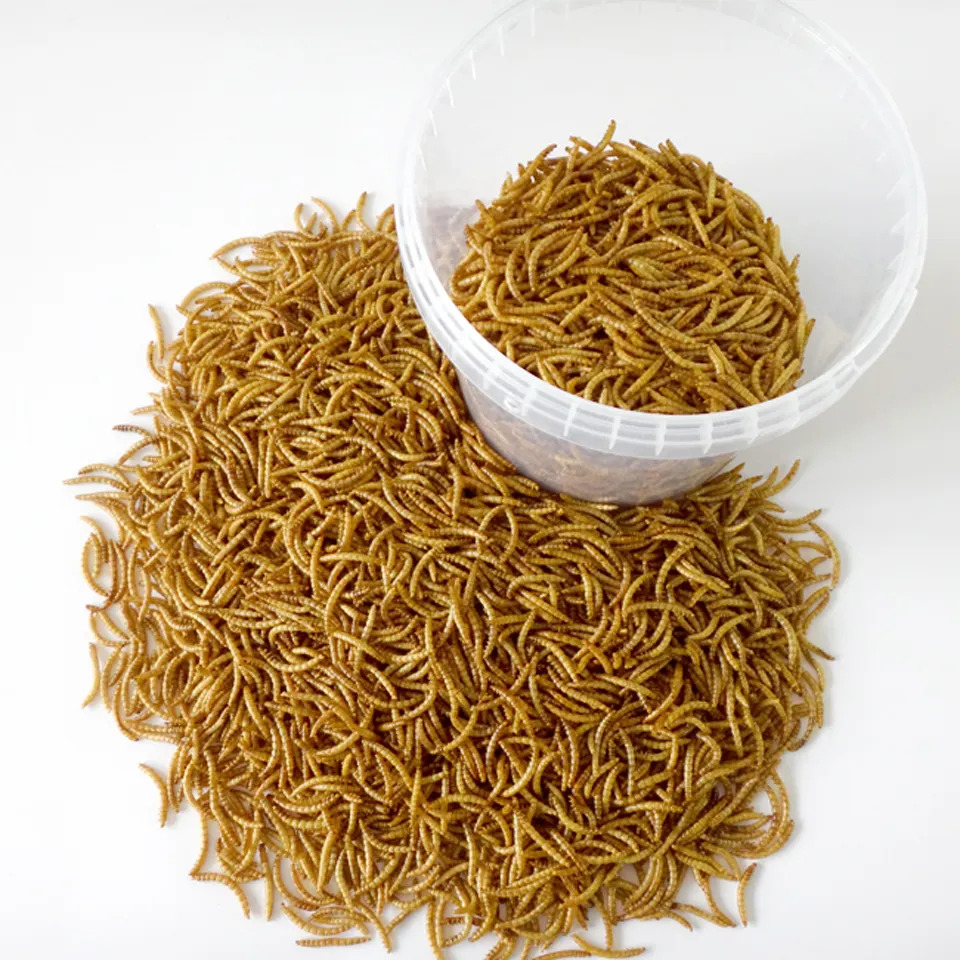Your basket is currently empty!
The Future Food We Eat?
Ricki Lewis

Mealworms, also known as Tenebrio molitor, are the larvae of a darkling beetle, and are a highly nutritious and sustainable protein source. They are high in protein, fat, and minerals such as zinc, potassium and calcium. They are also a great source of essential amino acids, making them a perfect alternative to traditional animal-based protein sources.
Mealworms are easy to cultivate and have a low environmental impact. They require little space and can be raised on organic waste, such as vegetable scraps, making them a great option for urban farming and reducing food waste. Additionally, they have a high feed conversion rate, which means they require less food to produce the same amount of protein as traditional animal sources.
Mealworms can be consumed in a variety of forms, including dried, roasted, or ground into a powder. They can be added to a variety of dishes, such as soups, stews, or baked goods, for a protein boost. They can also be used as a replacement for traditional animal-based protein sources in pet food and aquaculture feed.
The use of mealworms as a protein source is gaining popularity and is being researched for the mass production and its benefits. The cultivation of mealworms is also being explored for its potential to create jobs and income in developing countries.
In conclusion, mealworms are a highly nutritious and sustainable protein source that can be easily cultivated and consumed in a variety of forms. They are a great alternative to traditional animal-based protein sources and can play a role in reducing food waste and creating jobs in developing countries. As the interest and demand for alternative protein sources.
See what types of birds you can attract in your garden on the RSPB sebsite by clicking here.

